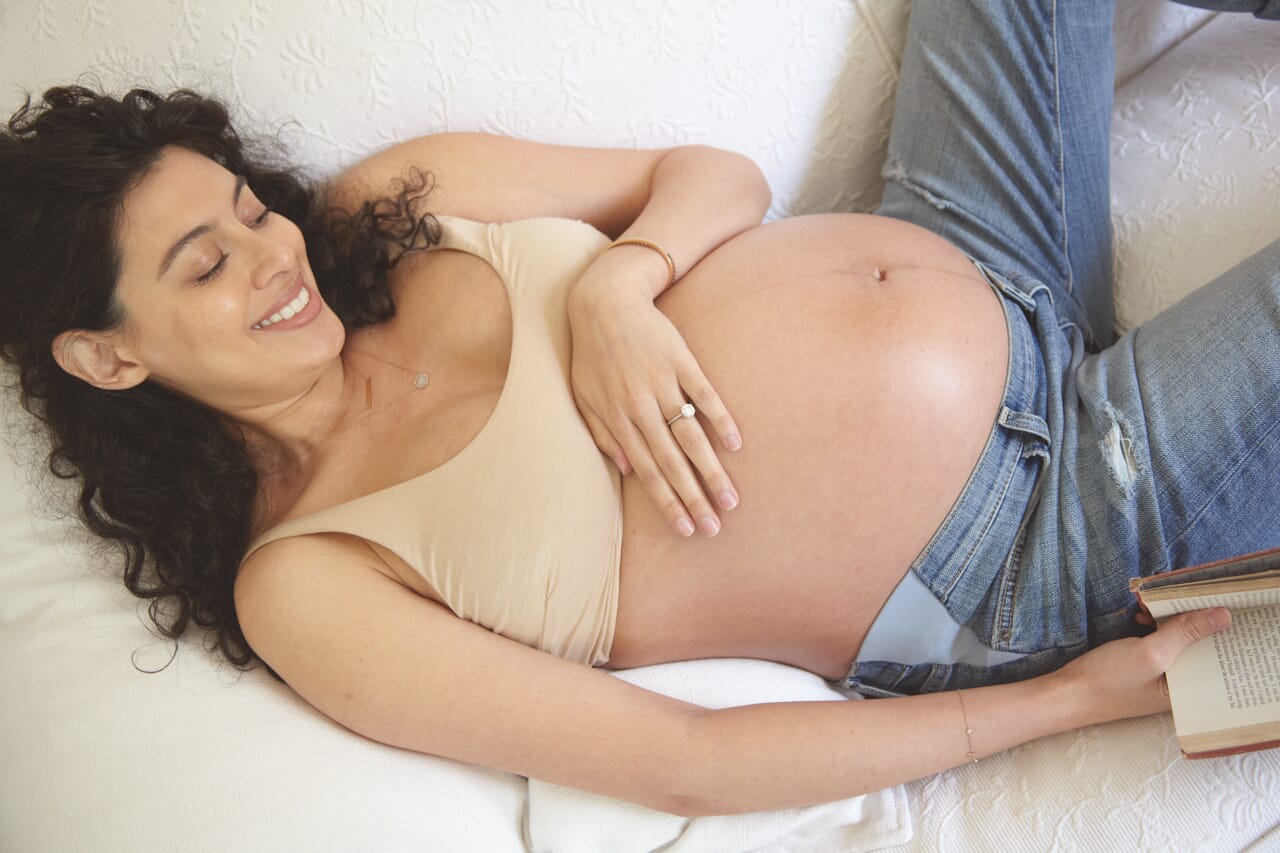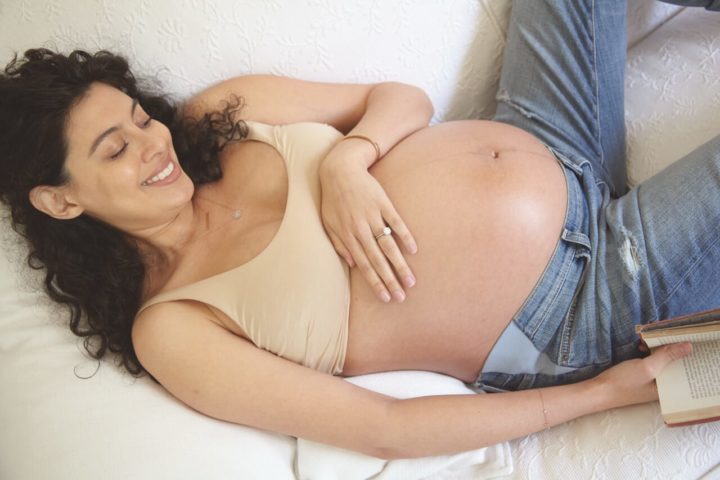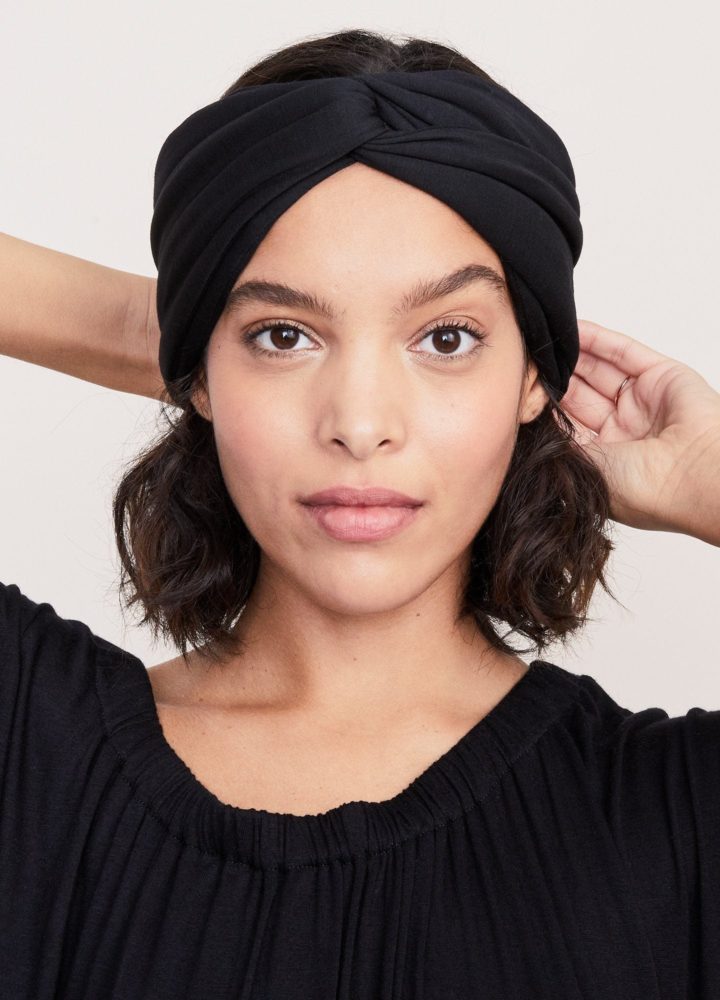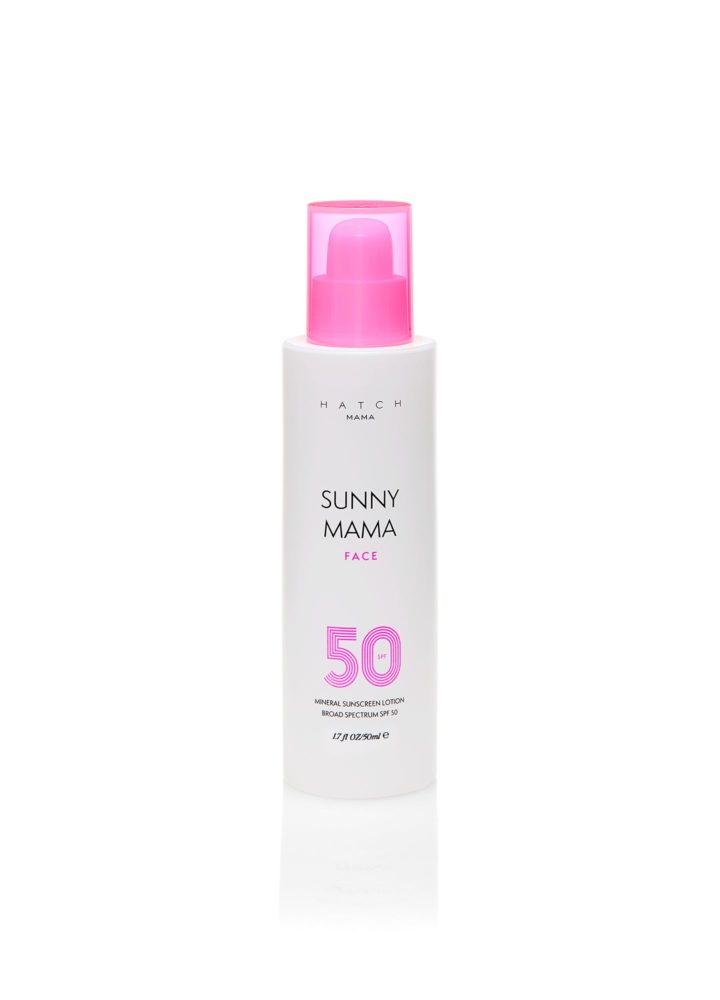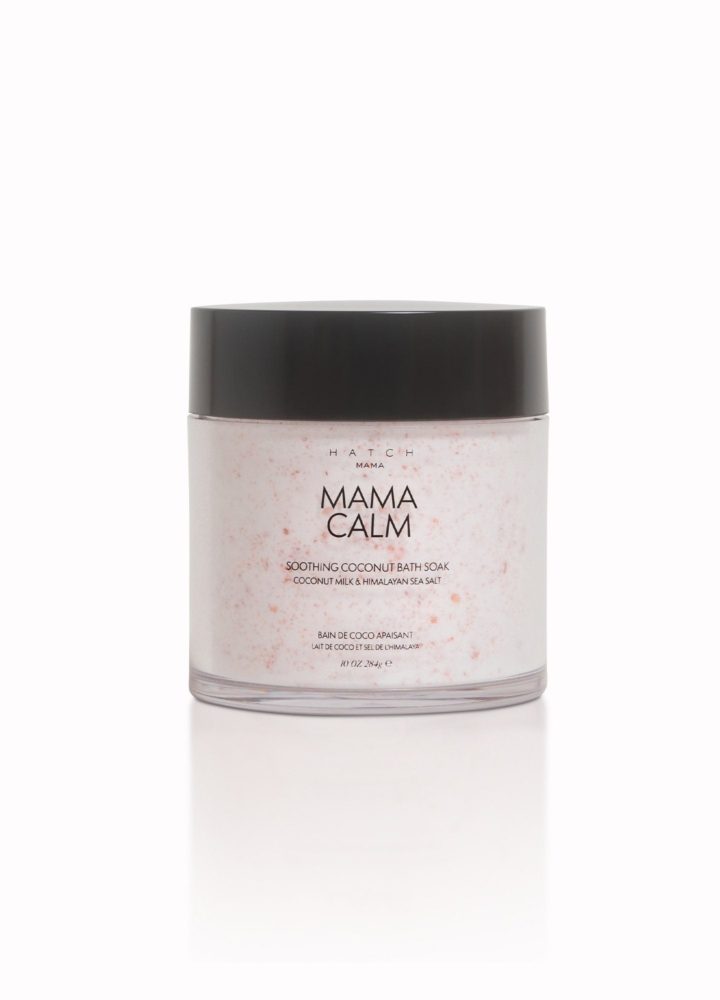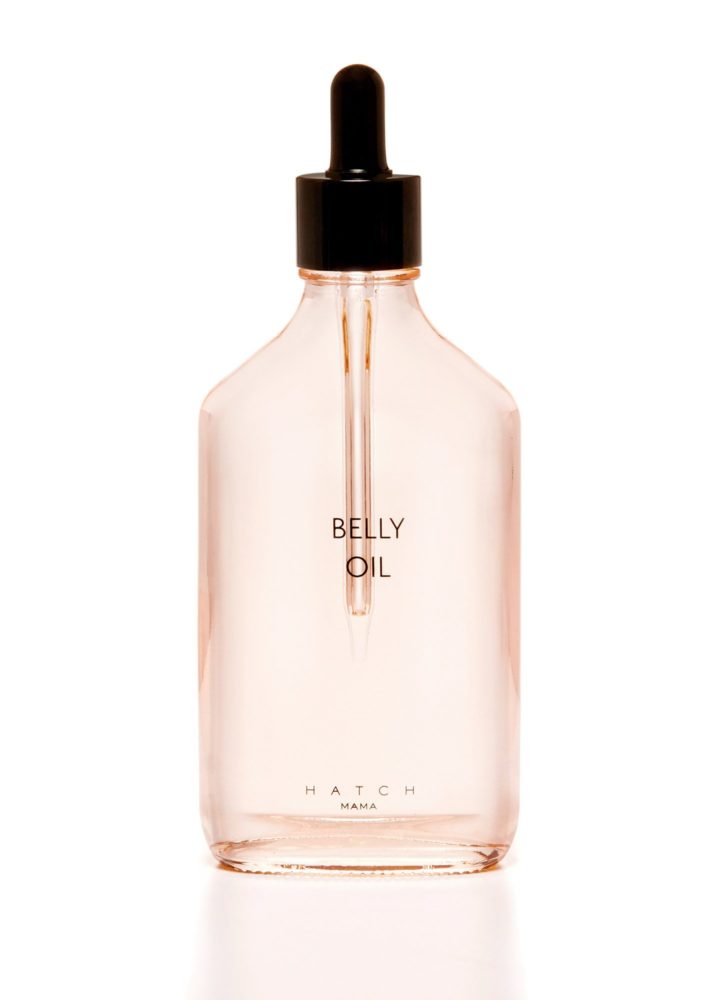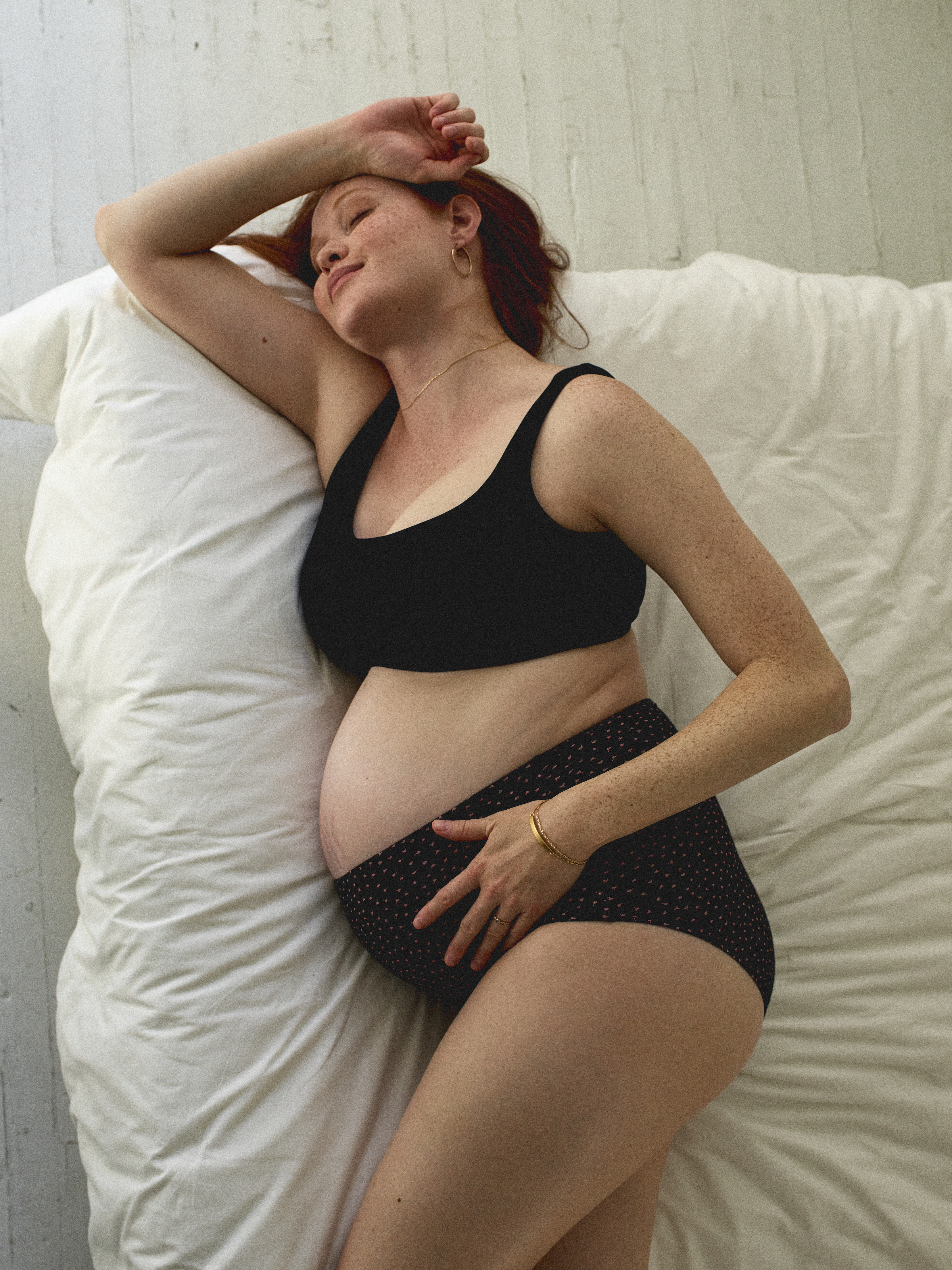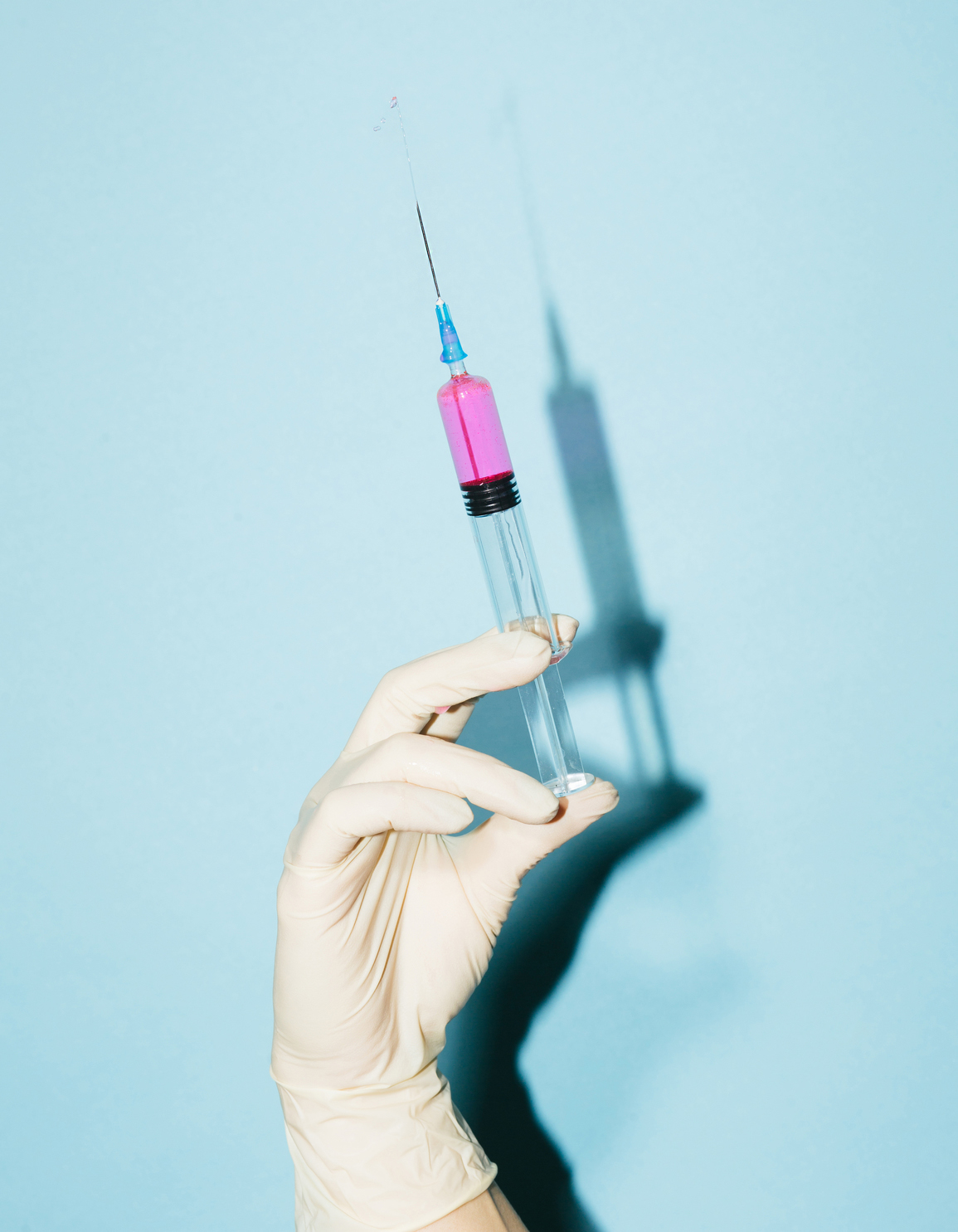So, you’re pregnant — congrats! Pregnancy means thinking about a lot of things you’ve never had to consider before, like which grandparent to honor first with a baby name or how to recreate your Friday night cosmo as a mocktail.
Pregnancy is hard work, too. It also means keeping an eye on the products you use around the house and tossing any that aren’t baby-safe. This might feel like a big ol’ task, but baby and mama-proofing your home is easier than it looks — and we’ve got all the important information you need to know right here.
Keep reading for the 411 on all the chemicals to skip during pregnancy.
What Are Toxic Chemicals?
With bleach in the laundry room, ant killer in the kitchen, and toilet cleaner under the bathroom sink, we’re practically surrounded by chemicals in our day-to-day lives. While most of the time, they make our lives easier, they can also be dangerous if ingested or used improperly.
Knowing the risks of certain chemicals can be especially helpful during pregnancy since scientists are still trying to understand the health impacts of chemicals on a growing baby.
When used properly and in small doses, most chemicals are fine for use during pregnancy. However, there are some exceptions. We’ve gathered up a full list of chemicals to avoid during pregnancy below.
What Should You Avoid in Beauty Products?
Pregnancy might give you a natural glow, but that doesn’t mean your beauty routine has to go. After all, half the fun of applying your favorite antioxidant face oil is the self-care element of it all!
Many beauty products contain potentially toxic chemicals, so carefully check those ingredient lists while preggo.
Some ingredients to look out for include:
Beta Hydroxy Acids (BHAs)
BHAs include salicylic acid, trethocanic acid, and tropic acid are the main ingredients in many chemical exfoliants and acne treatments. We love a good skincare acid to keep our skin looking fresh and revitalized.
During pregnancy, though, experts recommend going with a gentler acid, such as lactic acid or a low-dose glycolic acid. Or, you can dot your cleanser onto a clean muslin cloth and gently rub it in circles over your face for some old-fashioned manual exfoliation.
Either way, there are plenty of skincare options that don’t include BHAs. They’re just a bit too strong for baby.
Formaldehyde
Formaldehyde is a common ingredient in many beauty products, including nail polish, eyelash glue, and hair straightening products. Other related ingredients to look out for include diazolidinyl urea, sodium hydroxymethylglycinate, quaternium-15, and bronopol.
Luckily, many safer (and eco-friendly) chemical substitutes have been developed, so there’s no need to sacrifice your favorite nail color. Instead, you can just look for a formulation without formaldehyde.
Parabens and Phthalates
Parabens and phthalates are found in many beauty products, including many nail polishes and synthetic fragrances. In particular, we encourage you to keep an eye out for propyl, butyl, methyl, and isobutyl parabens, as well as diethyl and dibutyl.
No need to miss out on your must-have me-time products; just opt for those free of parabens and phthalates like HATCH’s Belly Oil.
Retinol
Retinol is a form of Vitamin A, and using it topically during pregnancy can contribute to high levels of vitamin A that may be harmful to a fetus. Sorry, mama; we know it’s a skincare fave, but that retinol treatment is considered unsafe during pregnancy.
There are a few doctor-approved options you can try instead. Glycolic acid is an AHA (read: gentle exfoliator) that can help clear up acne, while azelaic acid is another gentle alternative with antimicrobial and anti-inflammatory properties.
Hyaluronic acid is naturally produced by your body. When applied topically, it can moisturize the skin and help prevent wrinkles.
Chemical Sunscreens
Chemical sunscreens containing avobenzone, homosalate, octisalate, octocrylene, oxybenzone, octinoxate, menthyl anthranilate, and octocrylene are all chemicals best avoided during pregnancy.
That’s no reason to skip out on the SPF, though. For a baby-safe alternative, you can try our favorite hydrating pregnancy-safe mineral sunscreen or another sunscreen that blocks the rays without harsh chemicals.
Aluminum Chloride Hexahydrate
Aluminum chloride hexahydrate is a common ingredient in many antiperspirants, including prescription treatments for hyperhidrosis. There are many safe alternatives on the market, though, including natural deodorants, including the aluminum-free Mama Clean Duo.
DEA and DHA
Diethanolamine (DEA) and dihydroxyacetone (DHA) are found in many hair and body products, including self-tanner. Keep an eye out for oleamide DEA, lauramide DEA, and cocamide DEA as well.
Toxic Chemicals in Kitchen Supplies
It makes sense that many of the cleaning and beauty products we use contain toxic chemicals, but kitchen supplies? Surprisingly, there are some potential hazards lurking amongst your pots and pans.
Let’s talk it through:
Plastic Containers
Don’t worry; you’re cleared to keep using your favorite Tupperware for meal prep. However, we encourage you to avoid heating them up in the microwave.
Some plastics can leach chemicals when heated, and the effects of this on a growing fetus are not fully understood. Even plastic containers labeled “microwave safe” are dubious, as this simply means that they won’t melt in the microwave — not that they won’t leach chemicals. BPA-free products might be your best bet.
Pottery Made Outside the United States
Pottery made outside of the United States may contain high levels of lead, so we encourage you to avoid it during pregnancy (even if it’s labeled “lead-free”).
Also, doctors often recommend that you avoid pewter, lead crystal, and brass containers, as well as spices and candy imported from outside the US. These may contain lead, which can have negative health effects on you and your baby.
Nonstick Pots and Pans
Nonstick cookware is a game-changer; messy scrambled eggs, no more!
Unfortunately, the coating that makes them nonstick contains PFAS, a potentially toxic chemical that we suggest you avoid during pregnancy. For baby-safe alternatives, you can try ceramic, cast-iron, or high-quality stainless steel pots and pans.
Petcare Products
Got a new pup at home? Some pet medications (including flea and tick medications) contain chemicals that may be unsafe to handle while pregnant. Luckily, you can hand off medication duty to a partner or bestie for the time being.
In addition, we suggest that you avoid handling kitty litter. It can lead to hazardous health conditions for you and your growing baby.
Cleaning Products and Pregnancy
Most household cleaning products are safe to use during pregnancy, but there are still some precautions you may want to take during this time.
These include using gloves with cleaning products and avoiding enclosing yourself in small spaces with high-fume products (definitely let someone else clean the oven for the next few months). In addition, avoid mixing different products together, as doing so can be dangerous.
Look out for the following chemicals and products:
- Glycol ethers – found in oven cleaners
- Aerosol/spray cleaners (opt for a non-spray option instead)
- Air fresheners
Although usually safe, these products and chemicals should be avoided while preggo, just in case.
Chemicals From Smoking
It goes without saying, but smoking or vaping during pregnancy isn’t considered safe. Certain chemicals in smoke, such as benzene and nickel, can be toxic.
While we know you can’t control everyone around you, you can still avoid secondhand smoke as much as possible by opting for smoke-free hotel rooms, restaurant patios, and parks where you can.
Pesticides
Finally, certain lawn care and gardening products are items that we would use sparingly or avoid during pregnancy.
In fact, a growing body of evidence has linked exposure to pesticides with health concerns in the general population, not just pregnant women. So, perhaps these products could be phased out from your home maintenance routine altogether.
Pesticides include:
- Lawn chemicals
- Herbicides: products that kill weeds
- Insecticides
- Fungicides
- Rodent poison
You can ask someone else to handle any of these products if you need to use them around your home during pregnancy.
Although you should always wash produce before consuming it, we encourage you to take extra care to soap and rinse your veggies and fruits before eating them while pregnant. Pesticides are commonly used in the agriculture industry, so one more rinse can only help.
You’re a Pregnancy Pro
Whether it’s your fave skincare product, cleaning solution, or petcare product, there are a LOT of chemical-based products all around us — and that’s usually okay!
Nevertheless, take a second look at those products and avoid some of them during pregnancy, just to keep you and your baby on the safe side.
Of course, if you have questions about the safety of any products you use, we suggest that you talk to your Ob/Gyn or healthcare provider. They’ll be able to answer all of your questions about chemicals and pregnancy and have you feeling like a pregnancy pro in no time.
Sources:
